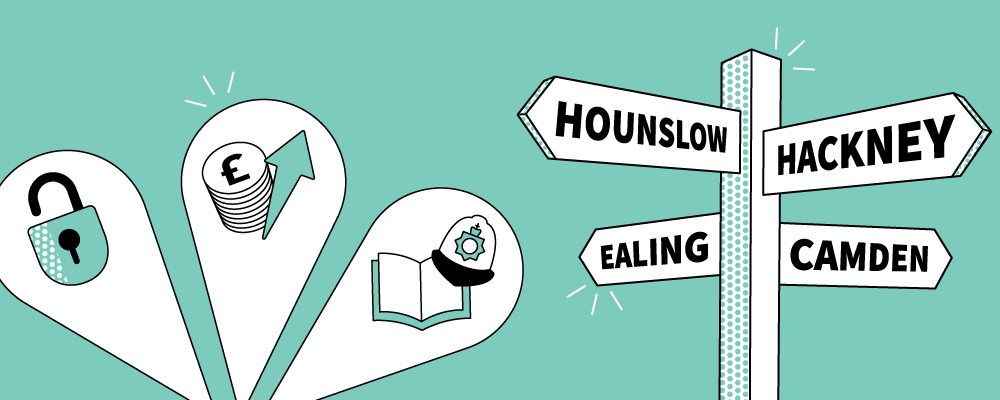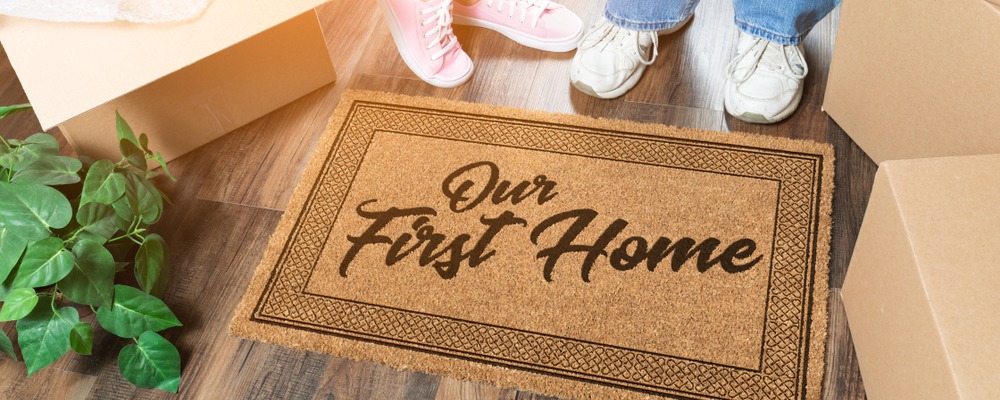
There’s no right or wrong age to be a first-time buyer – it’s all about feeling ready for it! If you want to become a homeowner in your 30s, there are things you may prioritise now that you wouldn’t have earlier in life. For example, you may want a garden or an open-plan kitchen for entertaining. Or, you may need an office space to make working remotely a breeze. Whatever your lifestyle, we’re here to help.
Read on to explore our list of helpful tips and things to consider when buying a house.
Read on to explore our list of helpful tips and things to consider when buying a house.
Key Takeaways
Different priorities in your 30s
• Homebuyers in their 30s often look for features like private gardens, open-plan kitchens and dedicated home-working spaces
Saving for a deposit
• Most mortgage providers require at least a 10% deposit, but you can take advantage of first-time buyers’ schemes
Budgeting tips
• Consider renting cheaper places or cutting back on non-essential expenses to save for your deposit
Government schemes
• Utilise schemes like the Lifetime ISA, which offers a 25% government bonus on savings of up to £4,000 annually.
Help for first-time buyers
• Explore various low-deposit schemes to help you get onto the ladder.
How much deposit do I need to buy a home?
Most lenders will require a 10% deposit when buying your first home, but some may let you buy with 5%. For instance, if the house you’ve set your eyes on costs £150,000, your deposit needs to be at least £15,000. Your lender will lend you the remaining 90% – this is known as the Loan-to-Value (LTV) ratio.
As a general rule, the bigger your deposit, the more mortgage deals you can access.
If you struggle to save for your deposit, your family can help. Explore our gifted deposits guide to find out how you can receive help to get onto the housing ladder.
Things to do before applying for a mortgage
Buying your first home can seem daunting, but there are a few things you can do to increase your chances of getting a mortgage.
1. Check your credit score
Most lenders will accept your mortgage application if you have a good credit score (a description and prediction of your financial behaviour). It’s a good idea to register on the electoral roll and get a credit card to improve your rating.
2. Ensure you can afford your monthly payments
Once you’ve checked your credit score, you’ll need to ensure you can afford to buy. Consider how much you’d be able to pay monthly, factoring in extra costs like bills, food and leisure. A good practice is to create a budget before you start house-hunting to help you find a suitable home.
3. Choose your ideal London area
Buying your first home in your 30s means your priorities may have changed. London is a diverse city, and every neighbourhood has a unique character. Whether your priority is efficient transport links, vast green spaces or entertainment, the capital has plenty to offer.
West London is famous for its vibrant theatres and museums, while Camden enjoys proximity to the beautiful Regent’s Park. Whatever your interests and lifestyle, you’ll be spoilt for choice.
4. Explore the different mortgage types
Finding the right mortgage deal for your situation can be tricky, with so many options available. Learn more about the different mortgage types in our comprehensive guide to make an informed decision.
5. Factor in the other costs of buying a home
You’ll need to factor in other costs on top of your mortgage when buying your first home. These include:
• Conveyancing or solicitor fees
• Estate agent fees
• Insurance
• Valuation fees
• Survey fees
• Removal fees
Our guide to the costs of buying a home explores each in detail.
Help for first-time buyers in London
If you’re a first-time buyer, you may be eligible for fantastic low-deposit schemes.
Deposit Boost
If you have a 10% deposit, we could boost it with an additional 5% of the sale price. This way, you can borrow less from a lender and secure a more competitive mortgage rate.
Deposit Unlock
The Deposit Unlock scheme helps you buy your first home with just a 5% deposit. It’s available on new build properties of up to £750,000.
Parent Power
If you expect to receive financial support from your family when buying your new home, our Parent Power scheme can help. We could match your deposit or buying costs by 5% of the property’s purchase price.
First Homes
With this Government-backed scheme, you can buy a home with a 30% discount on the market value. Homes can be up to £250,000 (£420,000 in London) after the discount is applied.
Ready to find your new home? Browse our new homes for sale in London and unique homebuying offers. Call our Sales Advisers today to get started.


